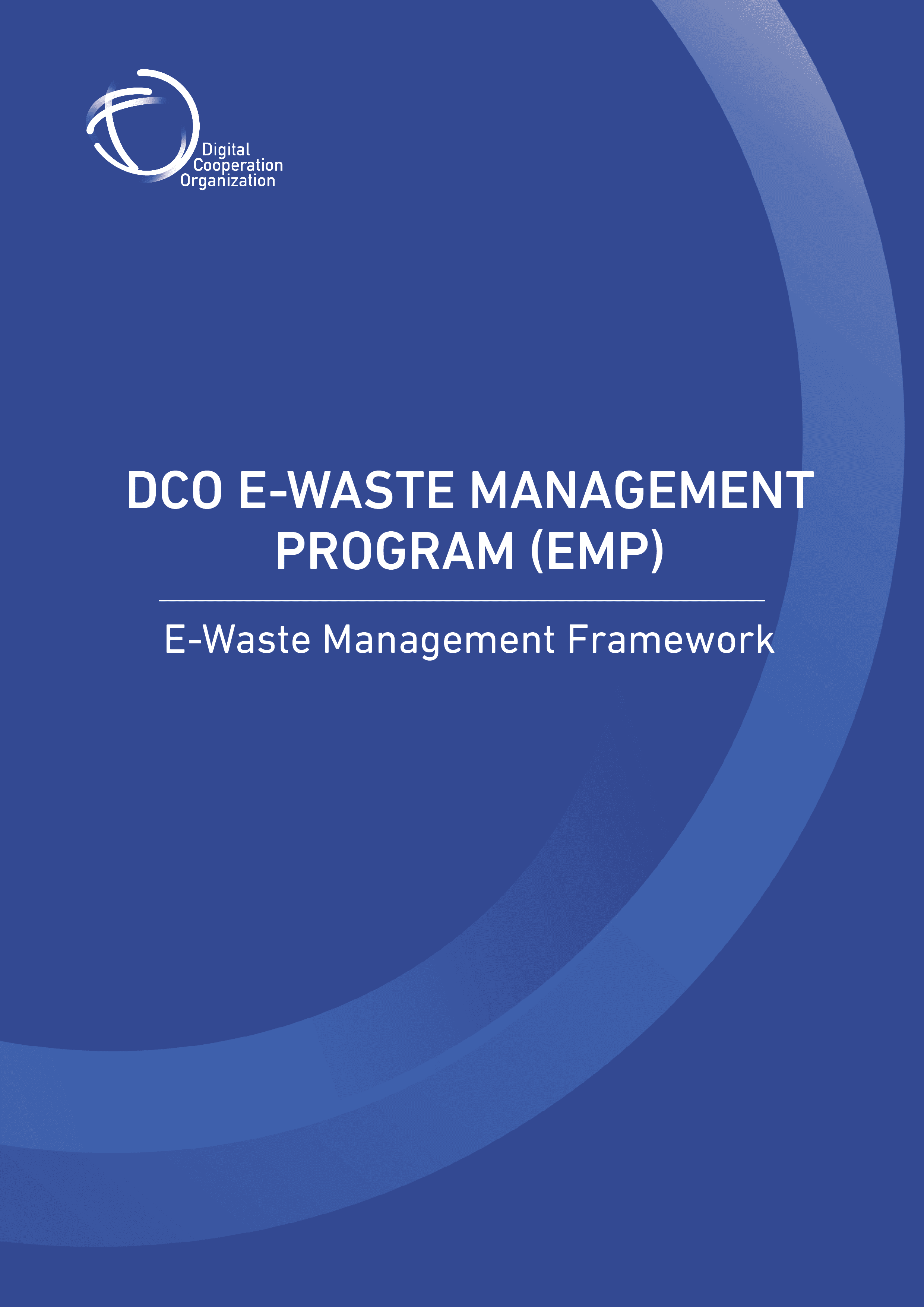
The DCO E-Waste Management Framework
February 2025
The General Secretariat has developed a state-of-the-art e-waste management framework “E-Cycle In Action For Governments” leveraging its analysis of thirteen (13) e-waste management frameworks developed by international organizations, and research institutions, such as UN (UNITAR), WEF, ITU, East African Communications Organization (EACO), as well as its assessment of Member States and GCC. It is a comprehensive framework to guide Member States in managing e-waste effectively at both national and international levels, thereby fostering environmental sustainability, public health safety, digital inclusion, and economic growth.
This framework adopts a holistic approach, covering the entire e-waste value chain instead of just e-waste policies and legislation. It is designed to be country agnostic, simple, practical, and effective.
It consists of the four (4) key aspects. The first aspect “Regulations, Policies, and Strategies”, establishes a comprehensive governance structure, guiding sustainable practices, and mechanisms to facilitate international cooperation; The second aspect “Financial Instruments”, identifies funding and incentives mechanisms to generate funding, stimulate private sector, and to engage stakeholders; The third aspect “Human Capital and Awareness” focuses on enhancing skills, innovation, and e-waste awareness; and the fourth aspect “Infrastructure and Technology” concentrates on the development of digital systems and tools required for efficient e-waste management. The framework also includes a four-step implementation approach (understand, plan, implement, and monitor) to help stakeholders, including governments, use the framework according to their needs. Additionally, the framework also includes a template for a bilateral agreement on transboundary movement and knowledge sharing related to electronic waste for the Member States to promote cross-border e-waste management.
The framework empowers countries worldwide, including DCO Member States, to assess, analyze, and advance e-waste management for environmental sustainability. It supports future e-waste initiatives, accelerating progress toward the UN SDGs – particularly climate, and health goals and broader sustainability objective, while fostering an inclusive, sustainable digital economy and enabling digital prosperity for all.
